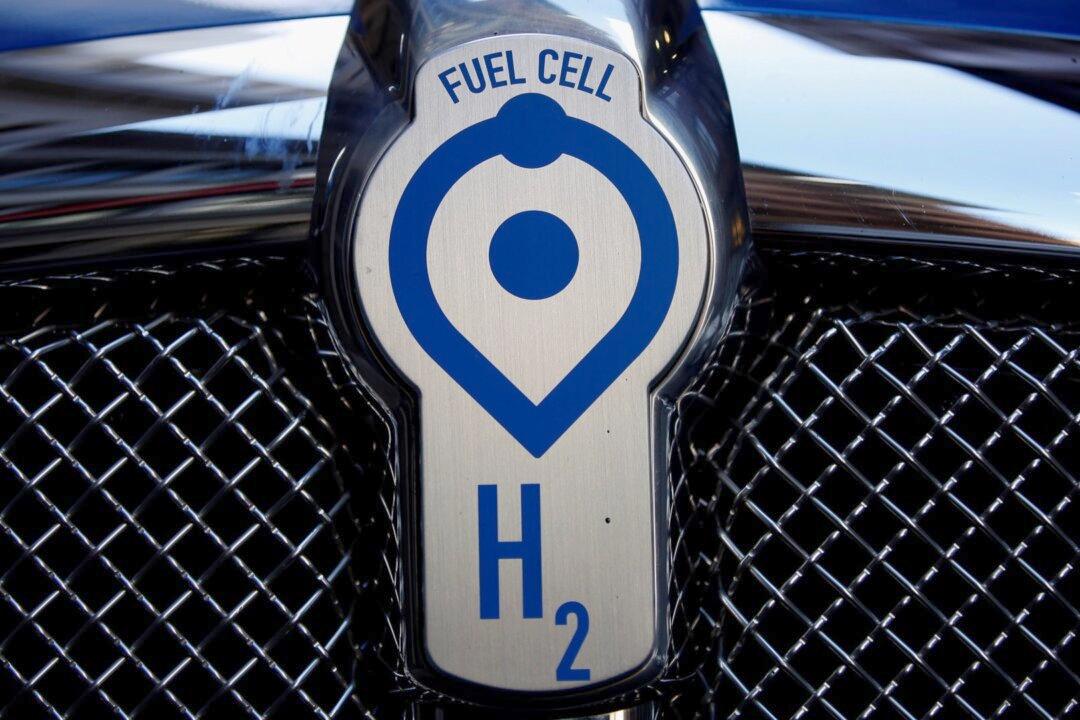Researchers have come up with a new system that turns seawater into hydrogen fuel—a development that could aid in the proliferation of hydrogen fuel cell vehicles.
The new method extracts hydrogen from the ocean by funneling seawater through a double membrane system, using electricity. The design was successful in generating hydrogen gas without the accompaniment of large quantities of harmful byproducts.





